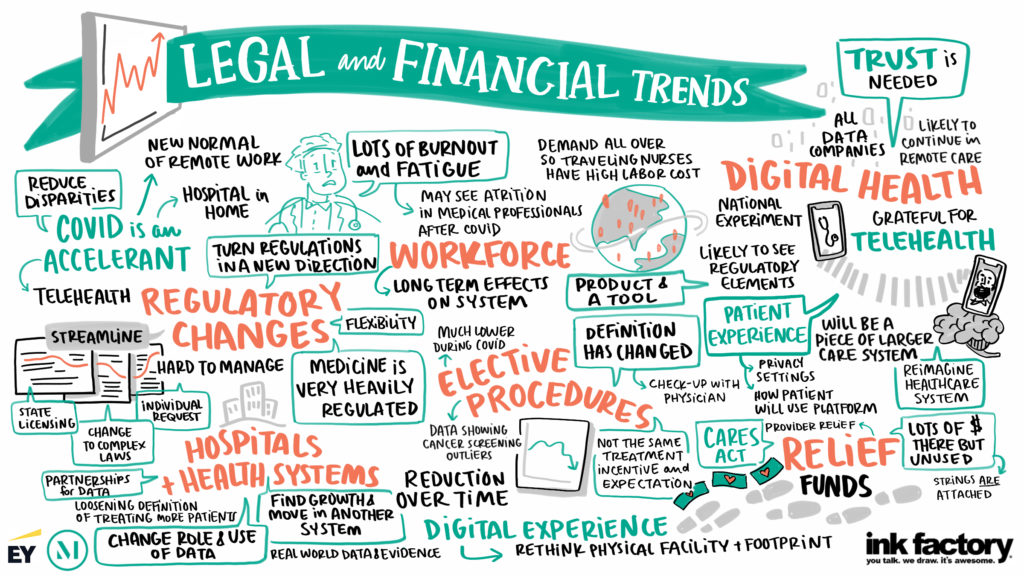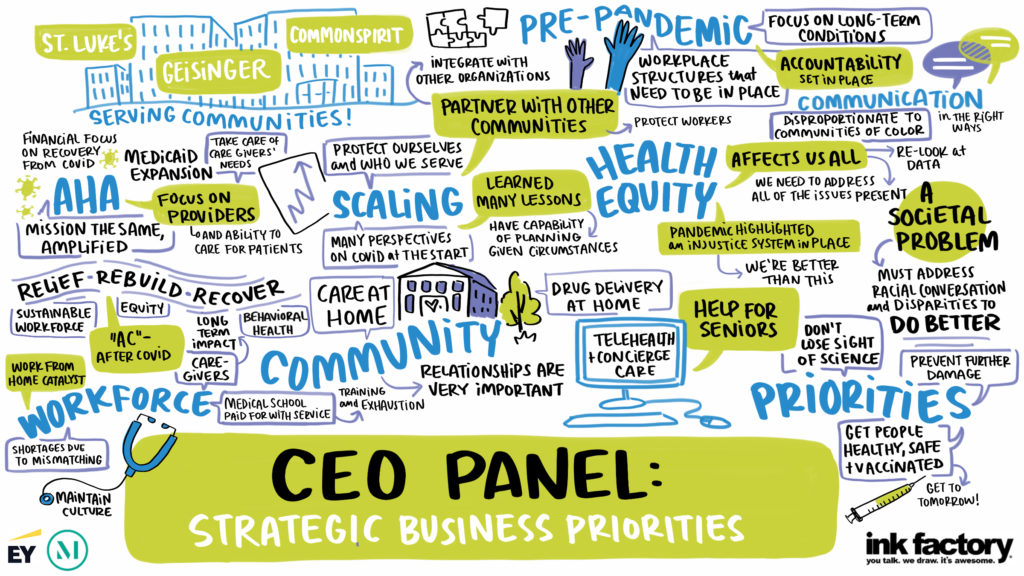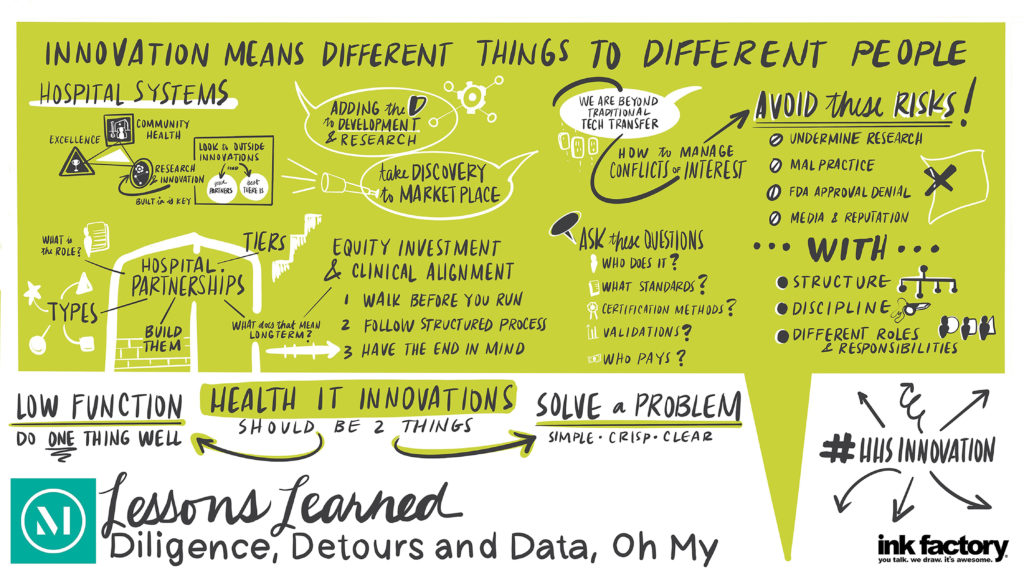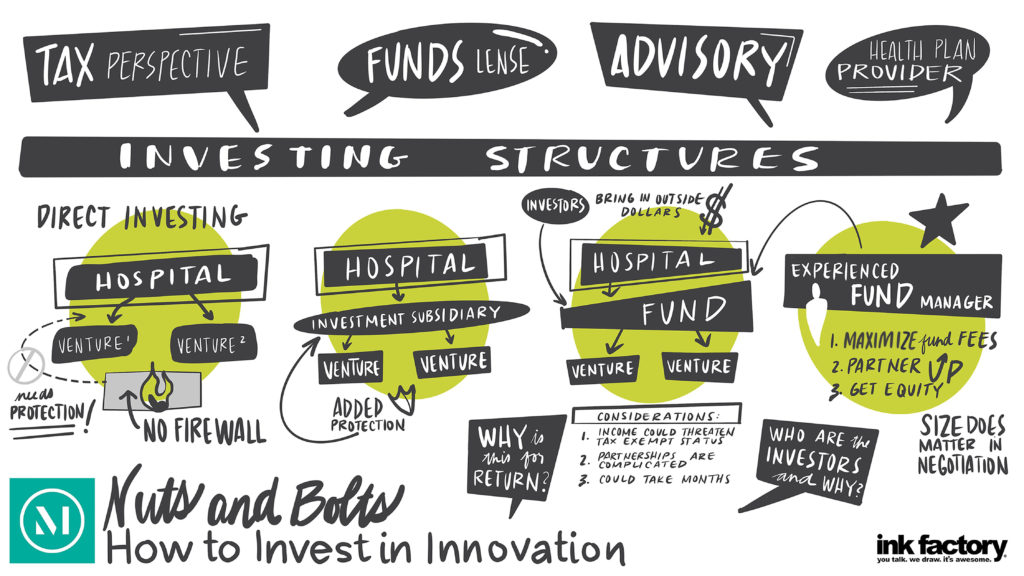In this webinar, McDermott partners Brian R. Stimson and Brian J. Malkin draw on their backgrounds with HHS and the US Food and Drug Administration, respectively, to help in-house healthcare and life sciences lawyers successfully navigate regulatory disputes with HHS and its operating divisions. Read on for select highlights from this insightful discussion.
- The Administrative Procedure Act (APA) sets out the operating principles around which HHS is organized and gives litigators a lens through which they can assess agency efforts to implement policy. Among other things, the APA defines the parameters and procedures for bringing an action against the agency.
- Stakeholders generally have the best chance of successfully litigating under the APA when they can challenge an agency action as contrary to the law. “Once you veer into the agency’s deference in interpreting the law, or the agency’s deference in administering a statute, it becomes very difficult under the APA to prevail, because the [...]
Continue Reading
read more


 Subscribe
Subscribe


 There has been increased interest by hospitals and health systems in creating innovation centers and making innovation center investments, which are helping to transform the healthcare landscape. As they enter this space, hospitals and health systems must first decide how to organize to capitalize on and commercialize innovation opportunities to get innovations into the routine of patient care.
There has been increased interest by hospitals and health systems in creating innovation centers and making innovation center investments, which are helping to transform the healthcare landscape. As they enter this space, hospitals and health systems must first decide how to organize to capitalize on and commercialize innovation opportunities to get innovations into the routine of patient care.




